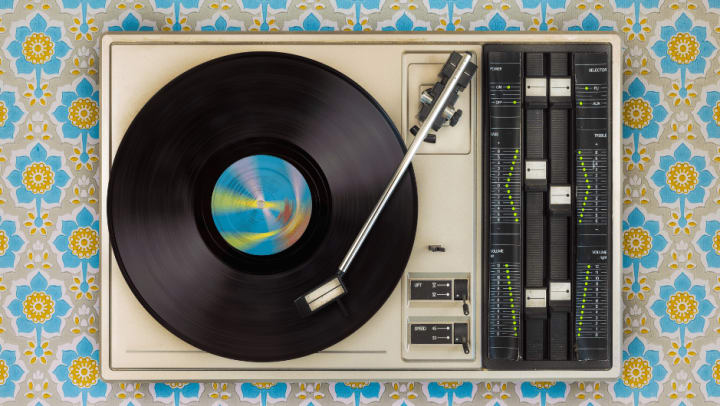How Music Connects When a Senior has Alzheimer’s
Imagine you are enjoying a weekend road trip with your spouse and “your song” from when you were dating comes on the radio. You probably feel happy as you sing along. And, even though you haven’t heard the song in years, you remember all the words.
The power of music can be incredible.
The emotions music can trigger are what led caregivers to use music therapy in memory care programs for adults with Alzheimer’s, like those at Serenity. Music therapy has become a proven method for boosting mood, calming agitation and connecting when verbal skills are diminished.
The Healing Harmonies of Music
Research from the Rebecca Center for Music Therapy in New York City has shown music to be one of the most effective methods for stimulating communication in adults with memory loss.
Studies show that many people with Alzheimer’s can remember lyrics and sing along to favorite songs from their youth even in advanced stages of the disease. This includes adults who have lost the ability to recognize the faces and remember the names of even close loved ones.
John Carpenter, the center’s founder is a licensed, board certified music therapist. He says that music allows seniors to rid themselves of the isolation associated with Alzheimer’s disease and dementia.
Music Therapy Benefits for People with Alzheimer’s
Carpenter’s research has also led him to document some of the many benefits music can offer to people with Alzheimer’s disease:
-
Better memory recall
-
Boost to mood and lift in spirits
-
Vocal and movement stimulation (singing and toe tapping!)
-
Opportunities to feel connected and engaged with others
-
Non-pharmacological method of managing pain
Scientific Findings on Music and Alzheimer’s
In another set of studies from the Alzheimer’s Association, music was also found to increase an older adult’s happiness and social skills. Listening to music works by releasing dopamine in the brain, which sends positive signals through the body.
Music also helps improve concentration. It does that by engaging areas of the brain linked to awareness, making predictions and storing memories. Studies further indicate music might also aid the brain in organizing new information.
Use Music to Promote Memory
A music therapy program is at its best when Alzheimer’s caregivers follow these tips:
1. Music Selection
Choose songs the senior enjoyed during their teenage years. These are the years when music tends to be the most influential in our lives, making it the most memorable.
2. Best Listening Method
While younger generations usually enjoy listening to their favorite tunes through ear buds, this isn’t always the best method for seniors with Alzheimer’s. They might not like having something on their ear or may find it to be disorienting. A CD player or a vinyl record player might be better.
Family caregivers might need to experiment to see what listening method their senior loved one seems happiest with.
3. Use Music to Promote Socialization
We know from the Alzheimer’s Association that music is one of the most effective methods for helping adults with Alzheimer’s connect and socialize.
In a memory care program, it helps strengthen relationships between residents, their families and the staff.
The bottom line is that music’s healing harmonies can benefit the older adult living with Alzheimer’s, their caregivers and other loved ones.
Memory Care at Serenity
If you are struggling to help a senior loved one who has Alzheimer’s disease live their best life, Serenity can help. Our memory care program is designed to support independence while keeping a senior with Alzheimer’s safe and healthy.




